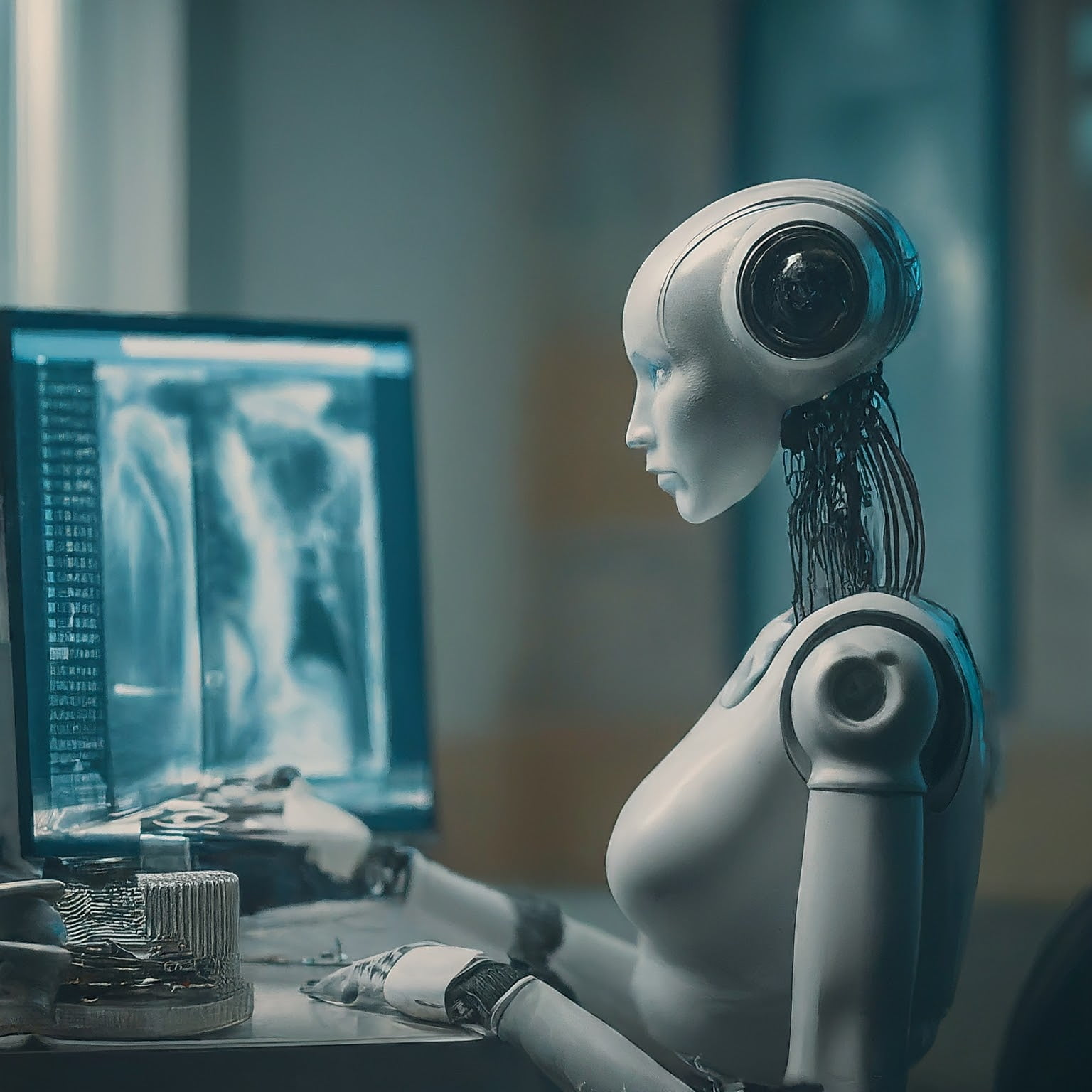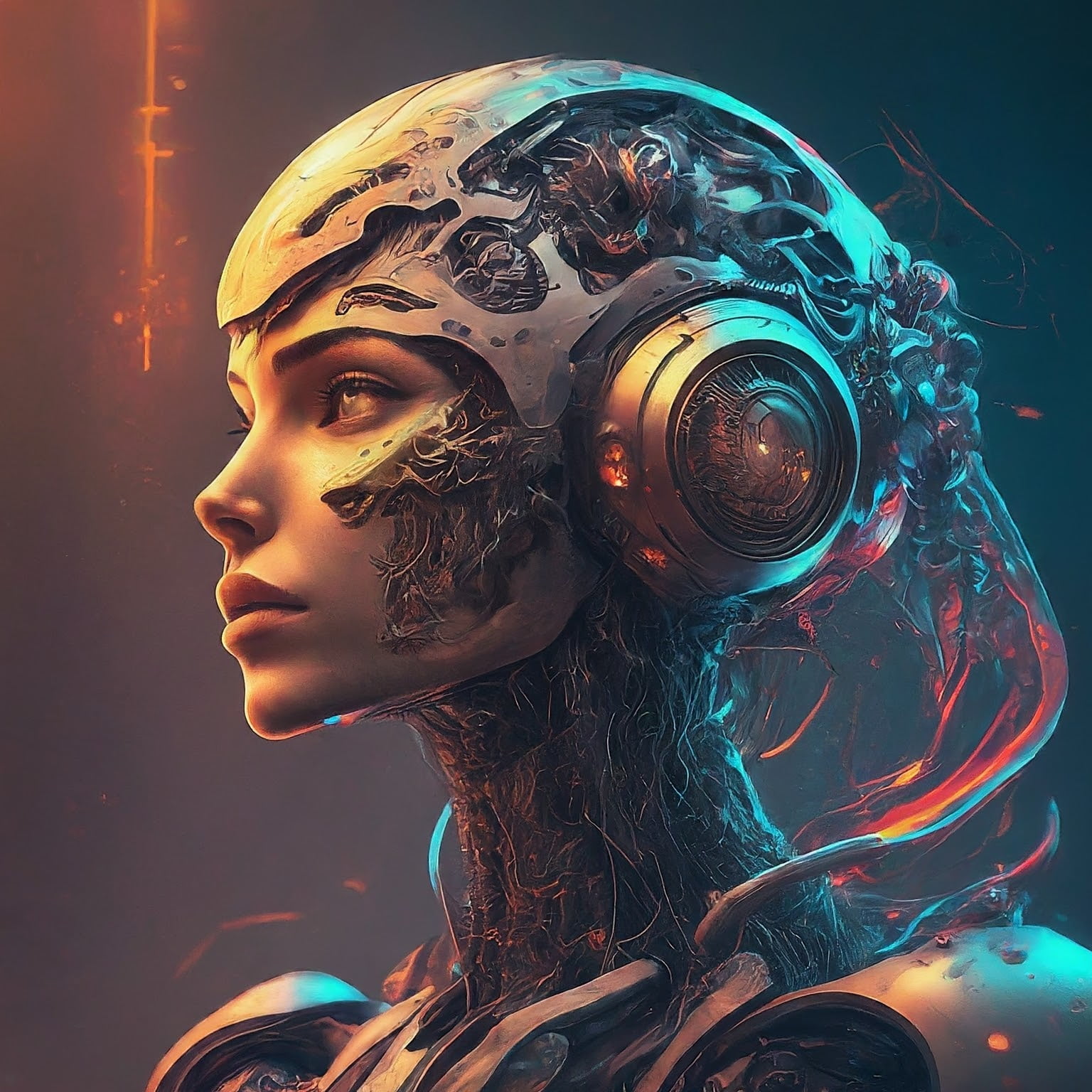Must-Have Math and Coding Skills Before Starting Your AI Journey
As the world increasingly turns to artificial intelligence, the importance of foundational skills can’t be overstated. Basic math and coding are essential tools for anyone looking to enter this field. But why are these skills so crucial? Simple: they form the backbone of AI concepts and algorithms.
Understanding key math topics, like linear algebra and statistics, helps you grasp how AI systems learn and make decisions. Coding skills provide the means to implement these theories in practical scenarios. Without them, you may struggle to keep up as the technology advances.
This post will break down the essential math and coding skills you’ll need, helping you prepare for the challenges ahead. Whether you’re a student or a professional shifting gears, mastering these basics will put you on the right path as you explore the dynamic world of AI.
Essential Math Skills for AI
Before diving into artificial intelligence, it’s vital to grasp specific math skills that will serve as your foundation. These areas of study not only facilitate comprehension of AI algorithms but also enhance your analytical thinking. Let’s explore the essential math skills you’ll need in AI.
Linear Algebra
Linear algebra is the backbone of AI algorithms. It helps you understand how data can be represented in vector and matrix forms, crucial for computations. In AI, models often rely on these mathematical structures for operations, transforming inputs to produce outputs. Many algorithms utilize linear transformations, which makes it essential to understand concepts like eigenvectors and singular value decomposition.
For instance, when training machine learning models, data is often represented as matrices. Operations like addition and scalar multiplication are fundamental in adjusting the parameters of these models. Understanding the mathematical representations behind this is key to grasping how AI learns. To learn more about the specifics of linear algebra in AI, check out this article on Linear Algebra in AI.
Statistics and Probability
Statistics and probability are the cornerstones of data analysis in AI. These concepts help you make sense of uncertainty and variability in data. Understanding distributions, means, medians, and modes allows you to interpret data sets accurately. Furthermore, probability plays a crucial role in decisions and predictions made by AI systems.
In machine learning, probability helps assess how likely an outcome is, influencing model predictions. For example, Bayesian inference is a powerful statistical method that updates the probability estimation as new information comes in. To explore these concepts further, check out this resource on Understanding Statistics for AI.
Calculus
Calculus is essential for optimization, which is a core aspect of AI. It allows you to understand how functions change, helping in finding the best values for model parameters. Optimization techniques such as gradient descent rely heavily on derivatives to refine model predictions.
By studying calculus, you gain insight into how small changes in parameters affect an algorithm’s performance. This understanding is crucial for training models effectively. If you want more details on how calculus relates to AI, check out this piece on the Role of Calculus in Machine Learning.
Discrete Mathematics
Discrete mathematics is a must for anyone dealing with algorithms and data structures. This area covers a variety of topics, including logic, set theory, and graph theory. Understanding these concepts is vital for developing efficient algorithms that AI systems use to process data.
For instance, graph theory helps in understanding how data points relate to one another, which is fundamental in fields like social network analysis. Without the principles of discrete math, designing algorithms that accurately process discrete elements becomes challenging. For an in-depth look, you can read this article on Discrete Mathematics and Algorithms.

Photo by Kaboompics.com
Coding Skills for AI
As you embark on your journey into AI, having a firm grasp of essential coding skills will make all the difference. These skills are the toolkit that enables you to build, analyze, and refine AI applications. Below, we outline the key programming languages and concepts that are critical for anyone looking to excel in artificial intelligence.
Python
Python stands out as the go-to programming language for AI. Its simplicity and readability make it accessible to both beginners and experienced programmers. With a rich ecosystem of libraries like TensorFlow, Keras, and PyTorch, Python provides robust tools for developing complex models with ease.
These libraries streamline many AI tasks, allowing for quick implementation of machine learning algorithms. Understanding Python will give you a solid foundation for exploring AI projects. You can uncover more about Python’s benefits in this detailed article on AI with Python.
R and MATLAB
Both R and MATLAB have their unique strengths in statistical analysis and modeling, essential for AI development. R excels in data visualization and statistical computing, making it a popular choice for data scientists working on AI applications. With numerous packages geared towards machine learning and data manipulation, R simplifies complex analyses.
On the other hand, MATLAB is often preferred for engineering and scientific applications. It includes built-in functions for creating AI models and testing algorithms efficiently. This comparison highlights the distinct applications of R and MATLAB for AI: MATLAB vs R.
Data Structures and Algorithms
A strong understanding of data structures and algorithms is vital for efficient data handling within AI. These concepts form the backbone of programming, enabling developers to manage data effectively and optimize their code. Knowledge about lists, trees, and graphs, alongside algorithms like sorting and searching, can significantly improve your programming skills.
Efficient data structures allow for quicker data retrieval and memory management, which is crucial as AI models often deal with large datasets. Check out this insightful resource on Data Structures for AI and Machine Learning to understand their significance.
Version Control Systems
In collaborative AI projects, version control systems such as Git are essential. They help track changes in the codebase, allowing multiple developers to work together seamlessly. With Git, you can maintain an organized workflow, manage code versions, and ensure that all contributors are on the same page.
Understanding Git commands and processes will streamline your development efforts and enhance team collaboration. Learn how to effectively use Git with this guide on Git for Machine Learning Projects.
APIs and Web Development
To integrate AI applications into existing systems, familiarity with APIs (Application Programming Interfaces) is crucial. APIs allow different software systems to communicate, enabling developers to leverage pre-built functionalities and data.
In the context of AI, APIs can facilitate interactions with machine learning models, allowing you to connect your applications to AI services easily. Understanding how to use APIs will save you time and help you develop more robust applications. For more on this topic, explore this article on AI APIs.

Photo by Sanket Mishra
Building a Strong Foundation
Before you dive into the world of artificial intelligence, ensuring you have a solid grasp of basic math and coding skills is essential. These competencies will not only facilitate your learning but also help you tackle more complex concepts as you progress. Here are some strategies to help you develop these foundational skills effectively.
Online Courses and Certifications
There’s a wealth of online resources designed to help you master math and coding. Platforms like Coursera offer a wide array of coding courses tailored for different skill levels. Whether you’re a beginner or looking to enhance your knowledge, you can find something that fits your needs. Explore options on Coursera’s coding courses.
For math enthusiasts, Codecademy provides interactive courses covering various topics, including linear algebra and discrete math. These hands-on courses are particularly useful for math application in coding contexts. Check out the available courses at Codecademy for Math.
Additionally, Reddit users often share recommendations for other helpful courses. You can find useful insights on the topic by exploring discussions in this thread about online courses for math and programming.
Practice and Projects
One of the best ways to reinforce your math and coding skills is through personal projects. Working on a project allows you to apply what you’ve learned in a practical setting. Not only does this deepen your understanding, but it also showcases your ability to potential employers.
Consider starting with simple coding projects that involve mathematical concepts. You could create a program that solves basic equations or visualizes data through graphs. For inspiration, check out this discussion on personal coding projects. Such projects not only solidify your learning but also help build your portfolio, showcasing your coding journey.
Study Groups and Community Engagement
Collaboration can significantly enhance your understanding of math and coding. Joining a study group allows you to learn from peers and gain new perspectives on challenging topics. Engaging with others can lead to a deeper comprehension of complex subjects and motivate you to stay consistent in your learning.
The benefits of study groups include improved retention of information, greater accountability, and a lively discussion environment that can clarify doubts. Resources like Harvard’s Academic Resource Center detail the advantages of studying in groups. By sharing knowledge and tackling problems together, you make progress more enjoyable and rewarding.

Photo by Christina Morillo
Conclusion
Mastering basic math and coding skills is essential for anyone pursuing a career in AI. The right foundation allows you to understand algorithms, handle data efficiently, and implement solutions effectively. Skills in areas like linear algebra, statistics, and Python programming are invaluable tools that empower you to tackle AI challenges confidently.
Take actionable steps today by enrolling in online courses or starting personal projects. Collaboration with peers can also enhance your learning experience.
What skills are you interested in developing further? The journey into AI is vast and exciting, and every step you take reinforces your future success. Thank you for reading, and don’t hesitate to share your thoughts!

